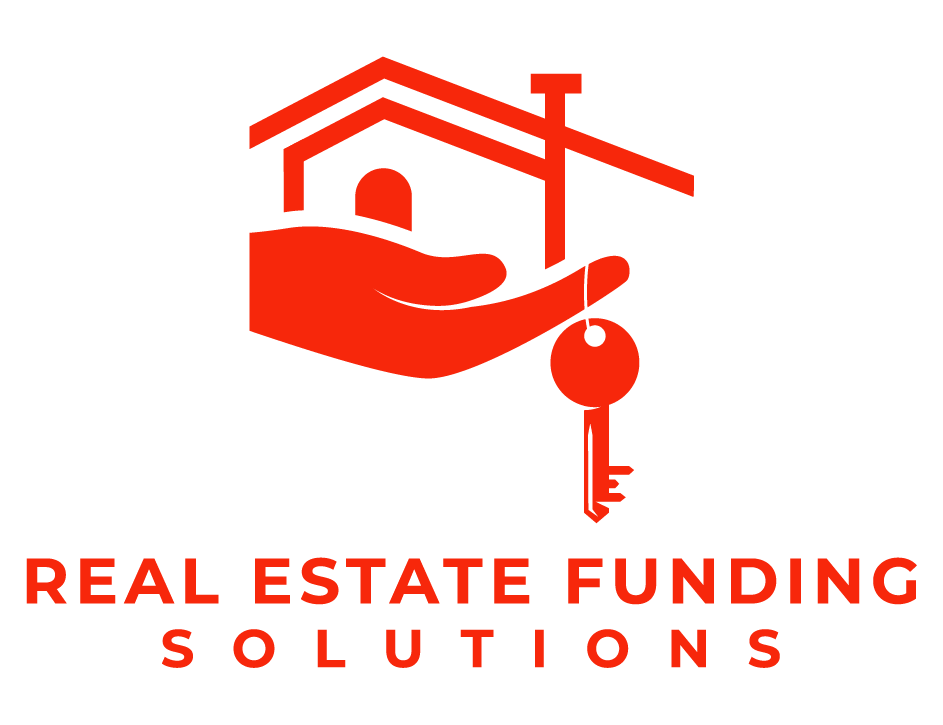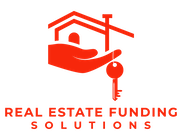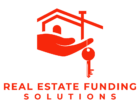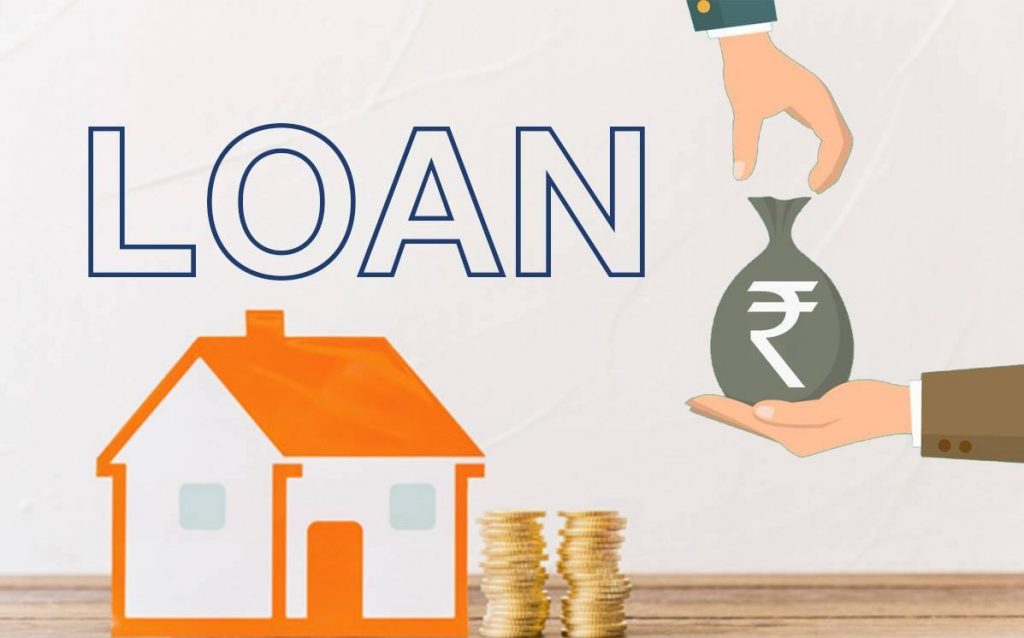For starters, let’s begin with what non-owner occupied is. Simply put, it is a real estate property where the owner is not residing at that property as their personal residence. A Non Owner Occupied Home Loan is a type of loan for different types of property such as: single family residence, duplex and triplex or fourplex, where the residents are renters. This type of loan does not cover the scenario where a duplex owner lives in one unit and rents out the other because that is considered owner-occupied. The residence may also be a condominium or townhome.
Now if you have a real estate property that you want to capitalize, an option for you is to get a loan. There are several reasons you may want to consider getting a non-owner occupied loan. You may be in a situation where you may be thinking of purchasing another home for investment purposes like renovating to sell for profit, using the property to source rental income, or co-signing a loan to help a loved one. You also may be in another situation where you are actually already a real estate investing pro and who’s looking to refinance and free up some cash to put back into the property.
Purchasing a rental property comes with many advantages like tax benefits, cash flow through rental income, and can help build equity for your future. Buying an investment property to flip or rent out, or acting as a co-signer on a home you do not intend to live in requires you to secure a different type of mortgage known as a non-owner occupied loan. When going through the lending process there are some things to keep in mind, like larger down payments and higher rates. Here, we’ve outlined some additional information that can be insightful when deciding which option is right for you.
Do you need a down payment while getting a non owner occupied HOME loan?
The answer is yes. There’s a caveat though. There’s a difference between a down payment for a traditional home purchase mortgage and a down payment for a non-owner occupied loan. With a traditional home purchase mortgage, down payments can sometimes be as low as 3-5%. When you are looking to secure a non-owner occupied loan that amount can increase significantly, anywhere between 20-30%. A non owner occupied transaction is riskier to the financial institution resulting in requiring a larger down payment.
You’ll notice in the marketplace that the rates for investment properties or mortgages tied to homes that aren’t your primary residence typically have higher rates when compared to your standard home purchase mortgage. Your rate will depend on your credit score, the type of property you are looking to finance, number of dwellings, as well as your down payment.
Now what if you, the borrower, does not qualify for a conventional non owner occupied home loan. Let’s get clear on what a non-qualified loan is. This is a type of home loan where it’s designed to support homebuyers who can’t meet the strict criteria of a qualifying mortgage. An example of this is if you’re self-employed or if you don’t have all the necessary documentation that would qualify you for a traditional non owner occupied loan.
This is where a non-owner occupied home loan would come in handy. This group of mortgage lenders serve real estate investors that fall just outside of conventional guidelines, so they’re OK with being the 5th or more mortgage, with larger loans, lending to the self-employed and lending to people with a recent credit rating. So no matter where you are on your lending and real estate funding journey, there are so many options to explore.
Another possibility is there are hard money loans for real estate investors in non-owner occupied residences. Hard money often seems custom-made for real estate investors. These loans can be funded within a few days of application and, generally, as long as 25% or more of free equity remains in the purchase or refinance, hard money lenders will consider writing the loan. For example, the investor that pays cash for the rental home, can take that money out via cash-out mortgage the day after closing, with hard money. Hard money lenders also don’t require the investor to provide the same level of documentation such as income, assets, liabilities, etc…simply because the underwriting is based on available equity in the property.
Whether you are just starting to dip your toes into the real estate investment world, you’re a seasoned professional, or you are looking to help a loved one secure a loan, Real Estate Funding Solutions offers financing to meet your needs. Get started building your real estate investment journey by telling us a little bit about your needs at info@realestatefunsingsolutions.com. A member of our highly experienced staff will reach out to you shortly.



